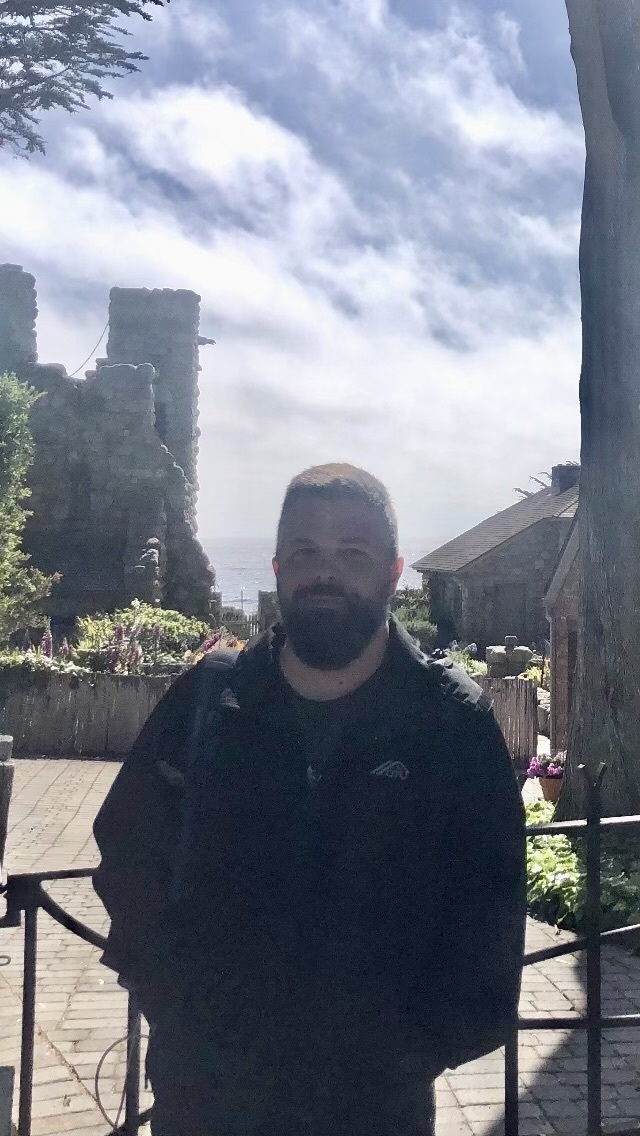There seems to be an epidemic of anger, and it’s been this way for a while now.
I made a traffic mistake today, took my turn too early at a four way stop. My mistake, no big deal, no near miss. But the guy immediately laid on his horn and flipped me off, and not briefly.
One of my neighbors plowed the snow off the alley and the next time I saw him I thanked him. He told me another neighbor came out while he was doing it and started griping at him because as the snow was being moved, it blocked a part of his driveway. The first guy offered to fix it but second guy snapped “I don’t need your help.”
We’ve had some unpleasantness on micro.blog this week. I stumbled across it and was shocked at the heatedness of the accusations. Everything cranked to eleven. Accusations of bigotry and fascism. It was a lot to take in, given the normally placid nature of the micro.blog timeline. In my dismay at the fury, I called someone’s response “unhinged.” That was not a helpful word to use. Nevertheless, all this anger is deeply disturbing.
For years now, our politics have operated in the register of anger, and now more than ever. Anger is one of the primary languages of social media (the other being sarcasm). Based on the behavior I’ve seen over the past few years, it would seem that people walk around just at the boiling point. How else would they explode so quickly when something goes wrong?
What is it like to live with such rage all the time? No wonder there is so much addiction!
When the guy disproportionately reacted to my traffic mistake today, I waved back at him through the back window–with all five fingers. I tried to pack a spirit of contrition into the gesture. He must have caught it, because he backed off.
When I saw angry neighbor shoveling snow shortly after he griped at helpful neighbor, I asked him if I could help. I’d been making an effort to be friendly with him since last summer. He’s a prickly old guy, but I found out he’s had back surgeries. My dad had back surgeries; I know how that kind of pain and discomfort can affect a person. Angry neighbor appreciated the offer and we talked a bit about how heavy this snowfall was.
Heaven knows I’m not holding myself out as an example for anyone. I’ve waved back at other drivers with a single finger, plenty of times. In fact, all of my worst outbursts of anger happen behind the wheel; I don’t know what that tells us about driving, but surely it means something.
What I’m saying is that there is an epidemic of anger and we must take care not to catch it. That will require some practical steps to avoid anger triggers. It will require some self-examination and–dare I use such an abused term?–shadow work. What causes anger to rise most quickly in you? Could it be a violent reaction against something you have repressed in yourself? Are you acting out of some unacknowledged trauma? The source of the red hot, fast rising rage I’m talking about is never really its object.
The epidemic of anger will burn the world down around us. It will start wars, foreign and domestic. In 1954, some students asked Jung if nuclear war could be avoided. He replied:
I think it depends on how many people can stand the tension of the opposites in themselves.
That is, it will depend on our recognition of the messy strangeness within each of us, patiently sitting with the tension that runs straight through our souls. Or, alternately, we can join the anger party and impose our pain on everyone else. Your choice.
